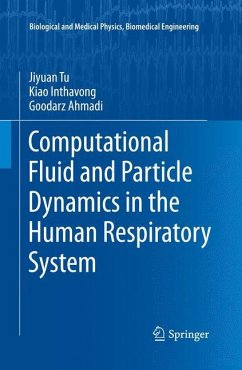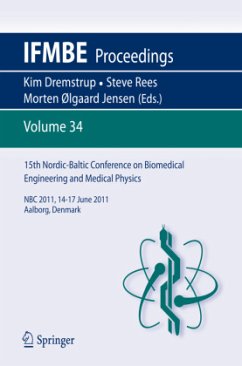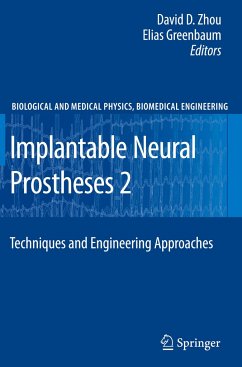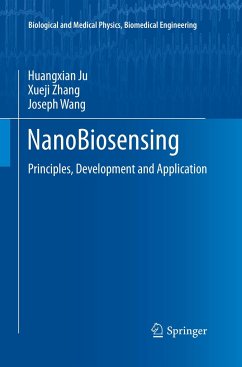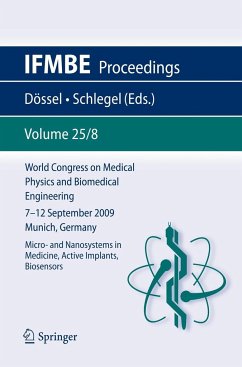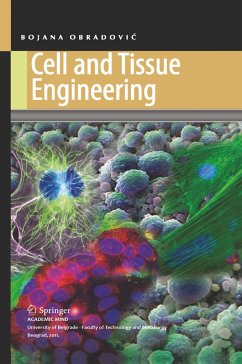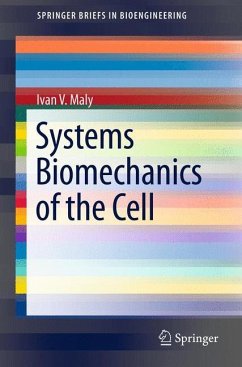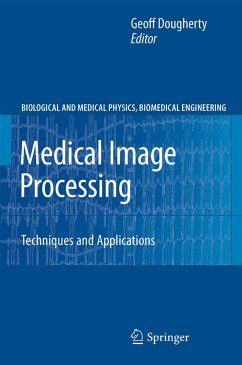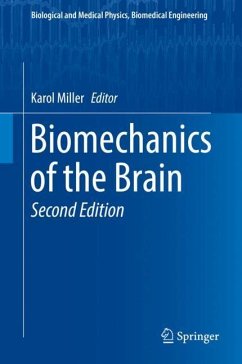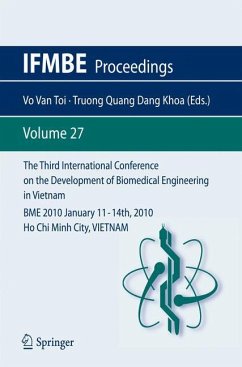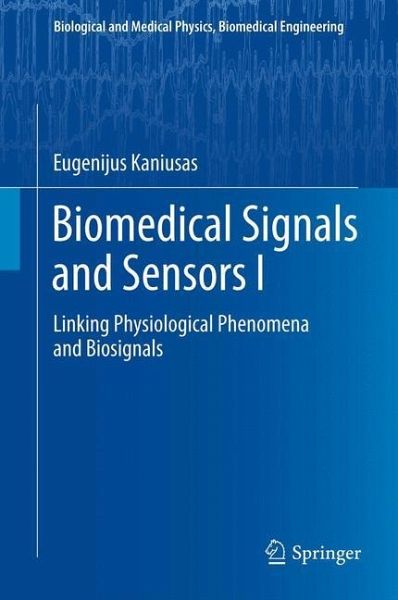
Biomedical Signals and Sensors I
Linking Physiological Phenomena and Biosignals
Versandkostenfrei!
Versandfertig in 6-10 Tagen
129,99 €
inkl. MwSt.
Weitere Ausgaben:

PAYBACK Punkte
65 °P sammeln!
This two-volume set focuses on the interface between physiologic mechanisms and diagnostic human engineering. Today numerous biomedical sensors are commonplace in clinical practice. The registered biosignals reflect mostly vital physiologic phenomena. In order to adequately apply biomedical sensors and reasonably interpret the corresponding biosignals, a proper understanding of the involved physiologic phenomena, their influence on the registered biosignals, and the technology behind the sensors is necessary.The first volume is devoted to the interface between physiologic mechanisms and arisin...
This two-volume set focuses on the interface between physiologic mechanisms and diagnostic human engineering. Today numerous biomedical sensors are commonplace in clinical practice. The registered biosignals reflect mostly vital physiologic phenomena. In order to adequately apply biomedical sensors and reasonably interpret the corresponding biosignals, a proper understanding of the involved physiologic phenomena, their influence on the registered biosignals, and the technology behind the sensors is necessary.
The first volume is devoted to the interface between physiologic mechanisms and arising biosignals, whereas the second volume is focussed on the interface between biosignals and biomedical sensors. The physiologic mechanisms behind the biosignals are described from the basic cellular level up to their advanced mutual coordination level during sleep. The arising biosignals are discussed within the scope of vital physiologic phenomena to foster their understanding and comprehensive analysis.
The first volume is devoted to the interface between physiologic mechanisms and arising biosignals, whereas the second volume is focussed on the interface between biosignals and biomedical sensors. The physiologic mechanisms behind the biosignals are described from the basic cellular level up to their advanced mutual coordination level during sleep. The arising biosignals are discussed within the scope of vital physiologic phenomena to foster their understanding and comprehensive analysis.





